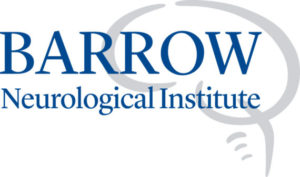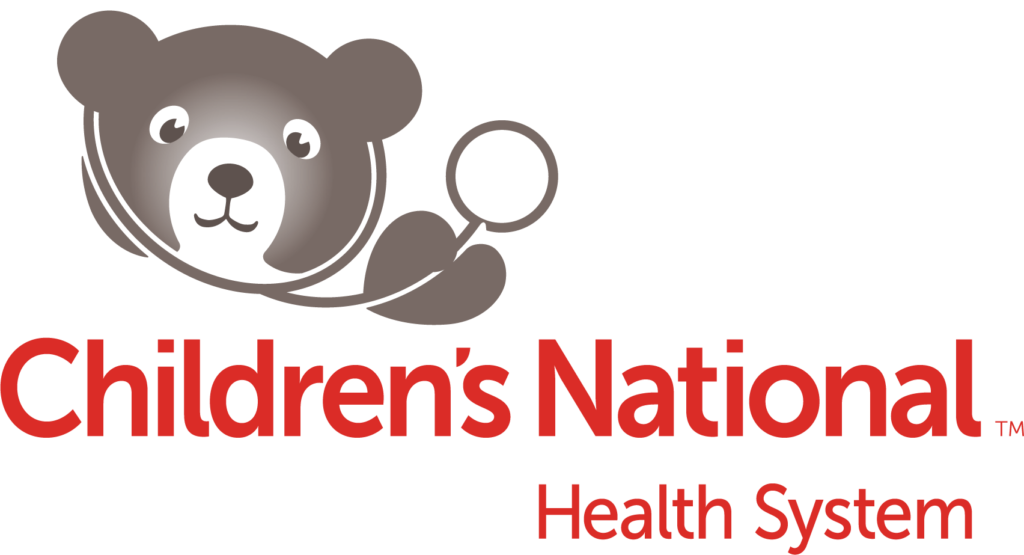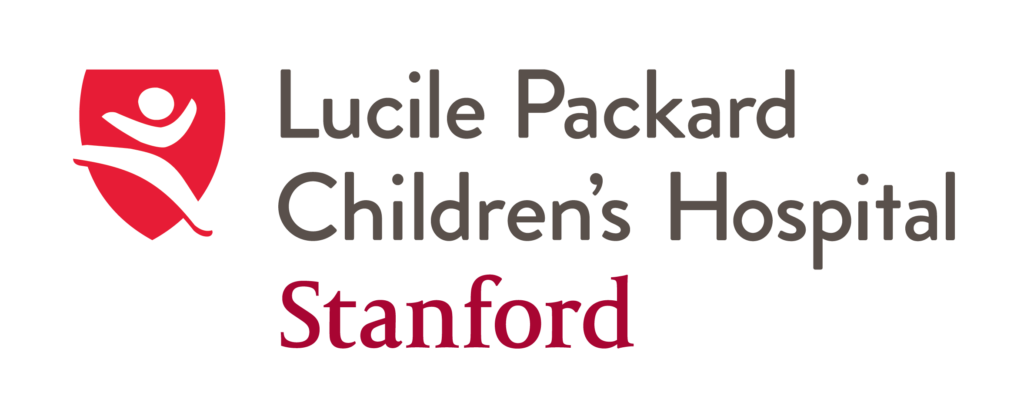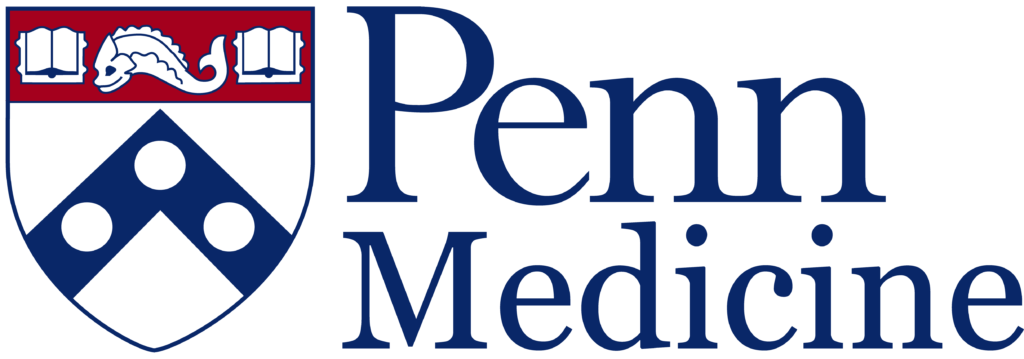Oligodendroglioma
Oligodendroglioma (Oligo) is a primary malignant brain cancer that develops from Oligodendrocytes. Oligodendroglioma is one of the more common types of glioma (which also includes Glioblastoma Multiforme and Astrocytoma). It is a rare tumor that strikes people of all ages; on average, 1,500 new cases are diagnosed per year in the United States. Although occurrence is rare, families with multiple affected members have been reported, suggesting that a predisposition for Oligodendroglioma can be inherited from blood relatives. Oligodendroglioma is so rare, it has not been well-studied, due in part to a lack of available biospecimens and data for research use.
Project OPEN Oligo
Project OPEN Oligo will define a new accelerated model for increasing ‘real-time’ collaborative research to empower discovery of improved treatments for people diagnosed with an Oligodendroglioma across a data-driven clinical trial and basic research ecosystem.
Goals:
- OligoNation will be centralized community supporting the world’s existing and new Oligo data in platforms that bring together people and resources including foundations, patients, researchers and clinicians within translational research to accelerate discovery for Oligo Nation.
- Develop, test and launch novel therapeutic strategies and molecular driven clinical trials.
- Recruit existing and new Oligo scientists, bioinformaticians, data scientists, clinicians, researchers and new talent from the other fields to analyze the Oligo multi-omic data for clinical translations
- Increase NIH, pharmaceutical and commercial engagement in Oligo research
Molecular Focus Areas
- Drive new genomic and molecular Oligo data annotated with longitudinal clinical data for generation for primary analysis
- Centralize all current molecular Oligo data with longitudinal clinical data for secondary analysis
- Integrate new Oligo data for primary analysis with the centralized current OLIGO data to analyze with longitudinal clinical data for discovery
- Standardize the Oligo molecular and longitudinal clinical data for analysis across other available datasets
- Create mechanisms to sustain the ongoing centralization, reuse, and integration of genomic and longitudinal clinical data from research and clinical trials and platforms
Primary Aims
- Perform and collaborate on prospective longitudinal studies for patients with new diagnoses of Oligodendroglioma for the collection of biospecimens and clinical data.
- Key Result: High quality biospecimens and comprehensive clinical dataset to generate new Oligo clinical and molecular data
- Collect using standard operating procedures biospecimens and clinical data for subjects diagnosed with Oligodendroglioma and then de-identify for inclusion in the Oligo Nation Repository. These specimens include tumor and germline samples using blood, buccal, and saliva samples.
- Evaluate data on patient demographics, treatment modalities, surveillance methods, quality of life, and outcomes through clinical and genomic analysis.
- Collate biospecimens and clinical data from additional consortia and longitudinal studies including CBTN, PC4C for donation to the Oligo Nation.
- Key Result: High quality biospecimens and comprehensive clinical dataset to generate new Oligo clinical and molecular data
- Create comprehensive harmonized molecular oligo dataset that are clinically annotated with associated available biospecimens for research
- Key result: Centralize an accessible and harmonized dataset
- Generate and harmonize clinical, genomic and proteomic data including but not limited to WGS and RNASeq, single cell data, methylation, from the specimens collected, datasets already created, research activities and clinical trials to provide raw genomic data for researchers on Cavatica, and processed data in PedCbioPortal other platforms for research.
- Key result: Centralize an accessible and harmonized dataset
- Perform and collaborate on prospective longitudinal studies for patients with new diagnoses of Oligodendroglioma for the collection of biospecimens and clinical data.
Additional Project Opportunities
- Genomic Analysis
- Proteomics Analysis
- Generation of proteomic data landscape analysis as part of NIH CPTAC Project and other collaborators
- Single Cell sequencing Analysis as part of NIH CPTAC Project and other collaborators
- Long Read Analysis
- Generation of long read data to integrate with proteomic data set
- Collation and Harmonization of all Clinical data
- Harmonization and analysis of all existing oligo genomic data
- Clinical Trials specimen and data collection and harmonization
Principal Investigators
Patricia Cogswell, MS – patty@oligonation.org
Participating Institutions







